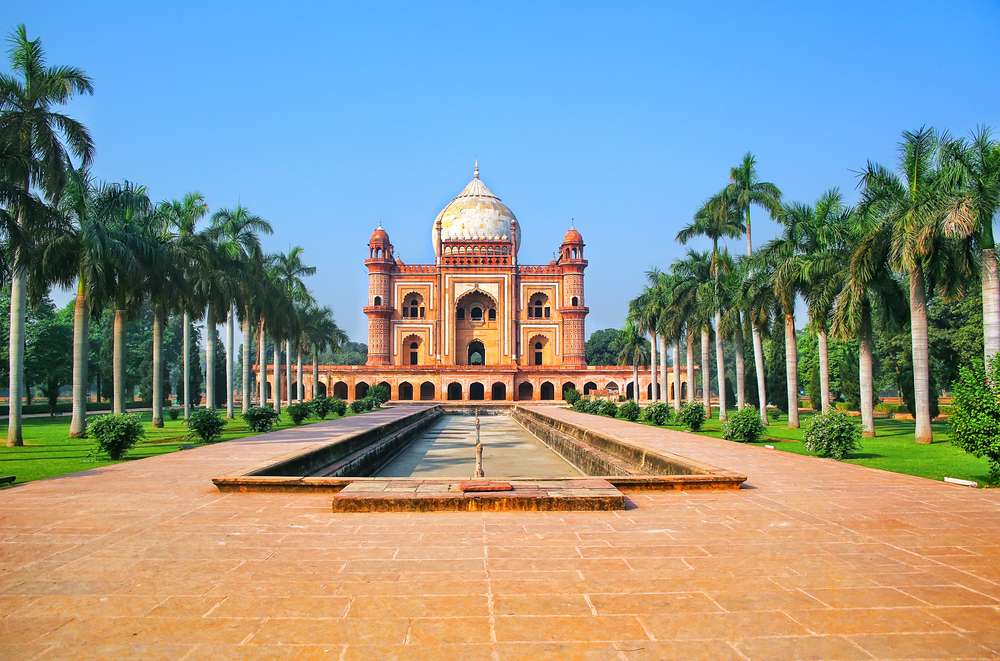Turkey, a country straddling two continents and boasting a rich tapestry of landscapes, is home to a diverse array of wildlife and ecosystems. From the rugged mountains and lush forests to the expansive wetlands and coastal regions, Turkey’s natural reserves play a crucial role in protecting this biodiversity. These reserves are not only sanctuaries for countless species but also vital to the ecological balance and cultural heritage of the region. This article explores the significance of Turkey’s natural reserves in preserving wildlife and ecosystems, highlighting key reserves and conservation efforts.
The Importance of Natural Reserves
Natural reserves are designated areas where wildlife and natural habitats are protected and managed to conserve biodiversity. In Turkey, these reserves are essential for several reasons:
- Biodiversity Conservation: Turkey’s varied climate and topography support a rich diversity of flora and fauna. Natural reserves provide a haven for many endemic and endangered species.
- Ecosystem Services: These protected areas maintain vital ecosystem services such as water purification, carbon sequestration, and soil stabilization.
- Research and Education: Natural reserves offer opportunities for scientific research and environmental education, fostering a deeper understanding of ecological processes and conservation needs.
- Cultural and Recreational Value: Many reserves are also important cultural sites, providing recreational opportunities and preserving traditional practices and knowledge.
Key Natural Reserves in Turkey
Kuşcenneti National Park
Located in the Balıkesir Province, Kuşcenneti National Park, also known as Bird Paradise, is one of Turkey’s most important bird sanctuaries. Situated on the southern shore of Lake Manyas, this wetland reserve is a critical stopover for migratory birds along the Afro-Eurasian flyway.
- Biodiversity: The park is home to over 270 bird species, including the endangered Dalmatian pelican and the white-headed duck. Its diverse habitats, including reed beds, freshwater lakes, and marshes, support a variety of flora and fauna.
- Conservation Efforts: Conservation measures include habitat restoration, water management, and strict protection regulations to minimize human disturbance. The park also hosts educational programs and birdwatching activities to raise awareness about avian conservation.
Yedigöller National Park
Nestled in the Bolu Province, Yedigöller National Park, or Seven Lakes National Park, is renowned for its stunning landscapes and rich biodiversity. The park’s name comes from the seven interconnected lakes formed by landslides.
- Biodiversity: The park’s lush forests are home to a variety of tree species such as beech, oak, and fir. It also supports a diverse range of wildlife, including red deer, wild boar, and numerous bird species.
- Conservation Efforts: Efforts focus on preserving the park’s unique flora and fauna, as well as maintaining the pristine condition of the lakes and forests. Sustainable tourism practices are promoted to minimize environmental impact.
Kazdağı National Park
Kazdağı National Park, located in the Balıkesir and Çanakkale Provinces, encompasses the mythological Mount Ida, which holds significant cultural and historical importance.
- Biodiversity: The park’s diverse habitats include forests, meadows, and alpine zones. It is home to many endemic plant species and wildlife such as the Anatolian leopard, golden jackal, and various bird species.
- Conservation Efforts: Conservation strategies include habitat protection, anti-poaching measures, and community involvement in sustainable land use practices. The park also serves as a site for scientific research and environmental education.
Göksu Delta
Situated in the Mersin Province, the Göksu Delta is a vital wetland ecosystem recognized under the Ramsar Convention for its international importance.
- Biodiversity: The delta supports a rich variety of bird species, especially during migration seasons. It is a breeding ground for the endangered Mediterranean monk seal and the loggerhead sea turtle.
- Conservation Efforts: Efforts include monitoring and protection of nesting sites, habitat restoration, and sustainable agriculture practices. The delta is also a focal point for eco-tourism and environmental education.
Conservation Challenges and Initiatives
Despite the efforts to protect Turkey’s natural reserves, several challenges persist:
- Habitat Loss and Fragmentation: Urbanization, agriculture, and infrastructure development threaten natural habitats and create fragmented landscapes, impacting wildlife movement and genetic diversity.
- Pollution: Industrial and agricultural activities contribute to pollution in many reserves, affecting water quality and overall ecosystem health.
- Climate Change: Shifts in climate patterns pose a significant threat to the delicate balance of ecosystems, affecting species distribution and habitat suitability.
- Human-Wildlife Conflict: Encroachment and resource competition lead to conflicts between local communities and wildlife, necessitating effective management and mitigation strategies.
To address these challenges, Turkey has implemented several initiatives:
- Protected Area Expansion: Increasing the number and size of protected areas to ensure comprehensive coverage of key habitats and ecosystems.
- Community Involvement: Engaging local communities in conservation efforts through awareness programs, sustainable livelihood projects, and participatory management approaches.
- Research and Monitoring: Conducting scientific research and regular monitoring to inform conservation strategies and assess the effectiveness of protection measures.
- International Collaboration: Collaborating with international organizations and neighboring countries to share knowledge, resources, and best practices in conservation.
Conclusion
Turkey’s natural reserves are invaluable treasures that safeguard the country’s rich biodiversity and provide essential ecosystem services. The concerted efforts to protect these areas reflect a commitment to preserving the natural heritage for future generations. However, ongoing challenges require sustained action and innovative solutions. By fostering a culture of conservation, enhancing community participation, and promoting sustainable practices, Turkey can continue to protect its wildlife and ecosystems, ensuring that these natural wonders remain vibrant and resilient in the face of growing environmental pressures. Embracing this holistic approach will not only benefit the environment but also enrich the lives of those who call Turkey home.
More articles: Career Development in India: Networking and Professional Growth


